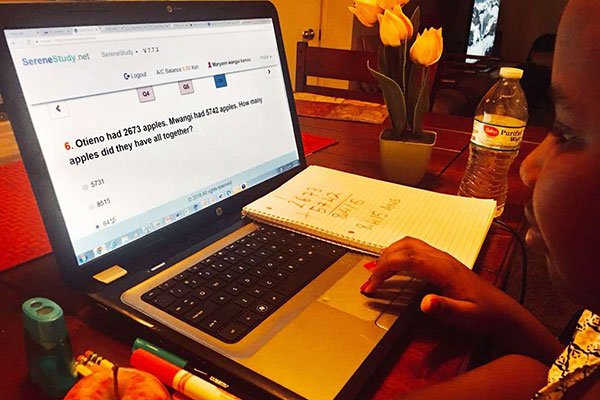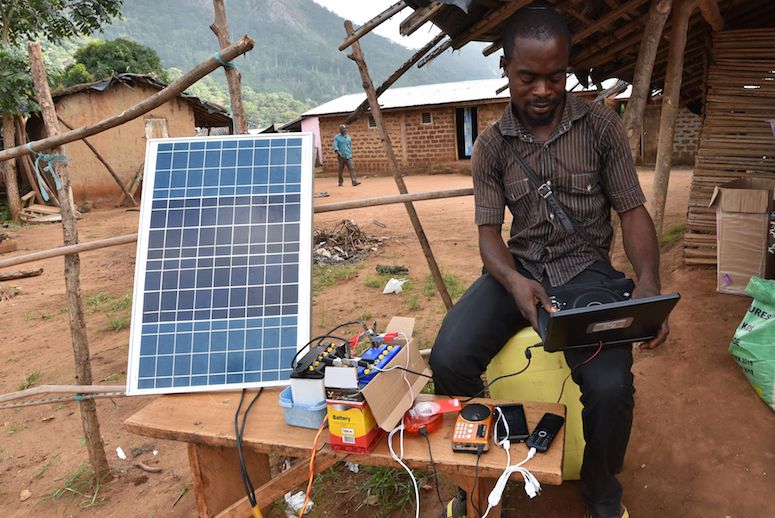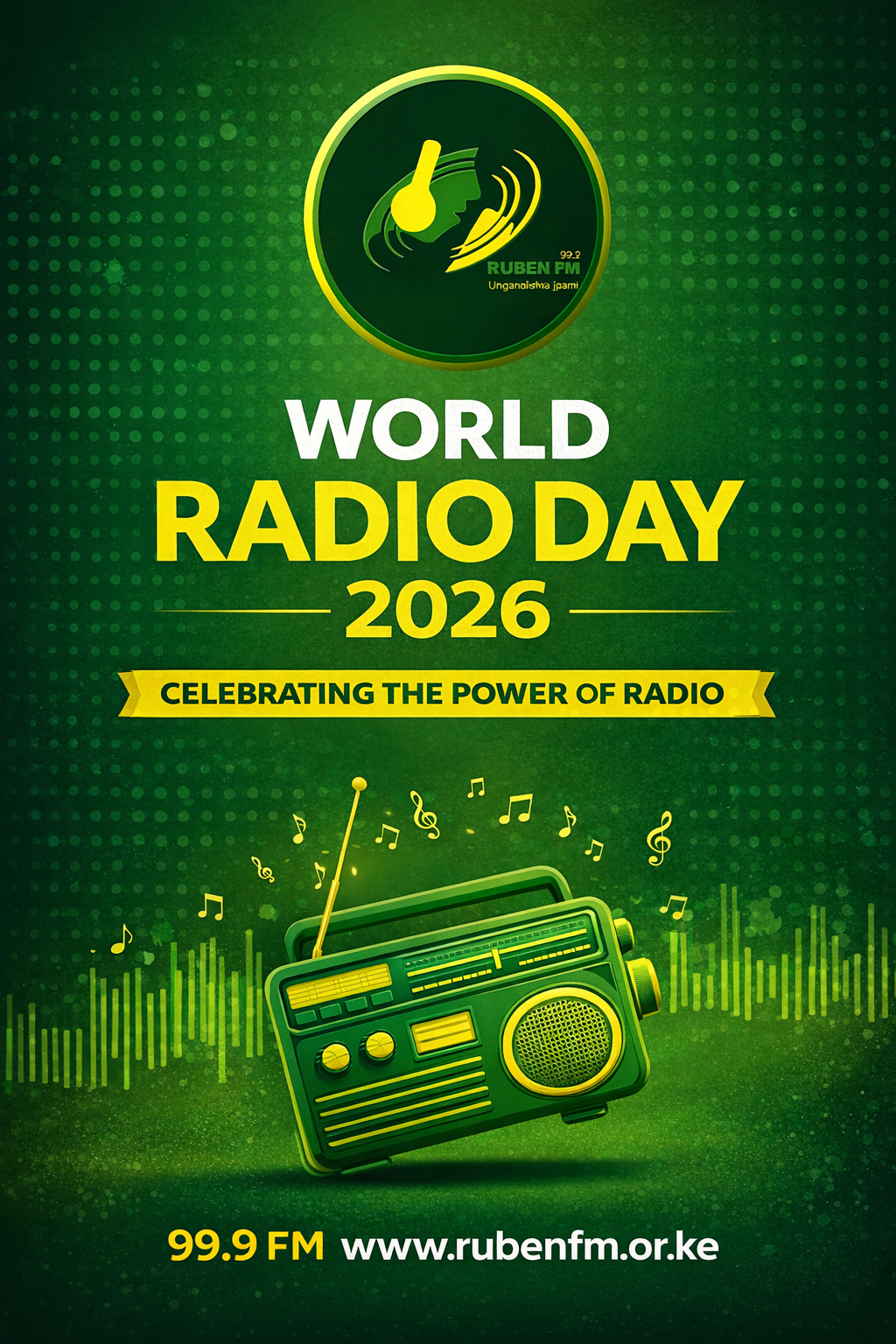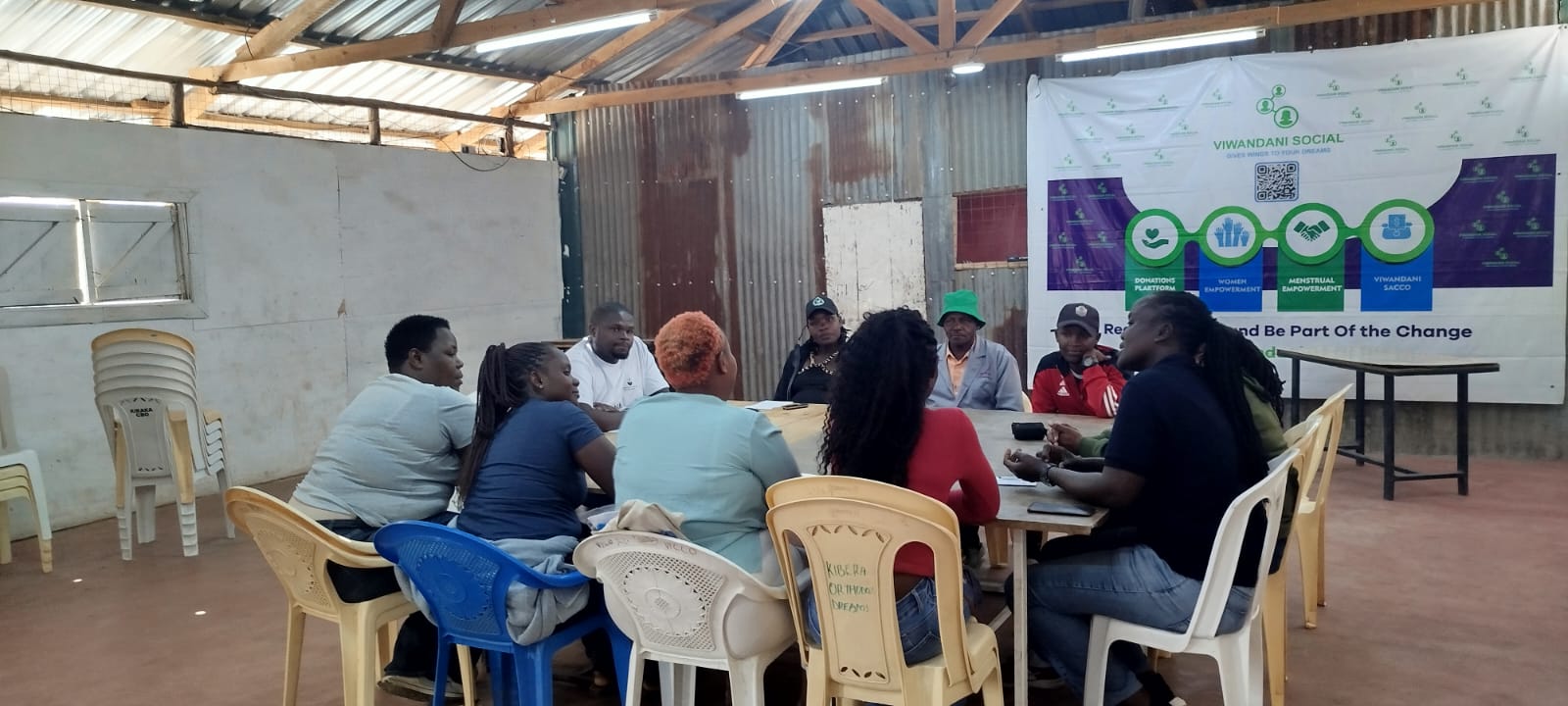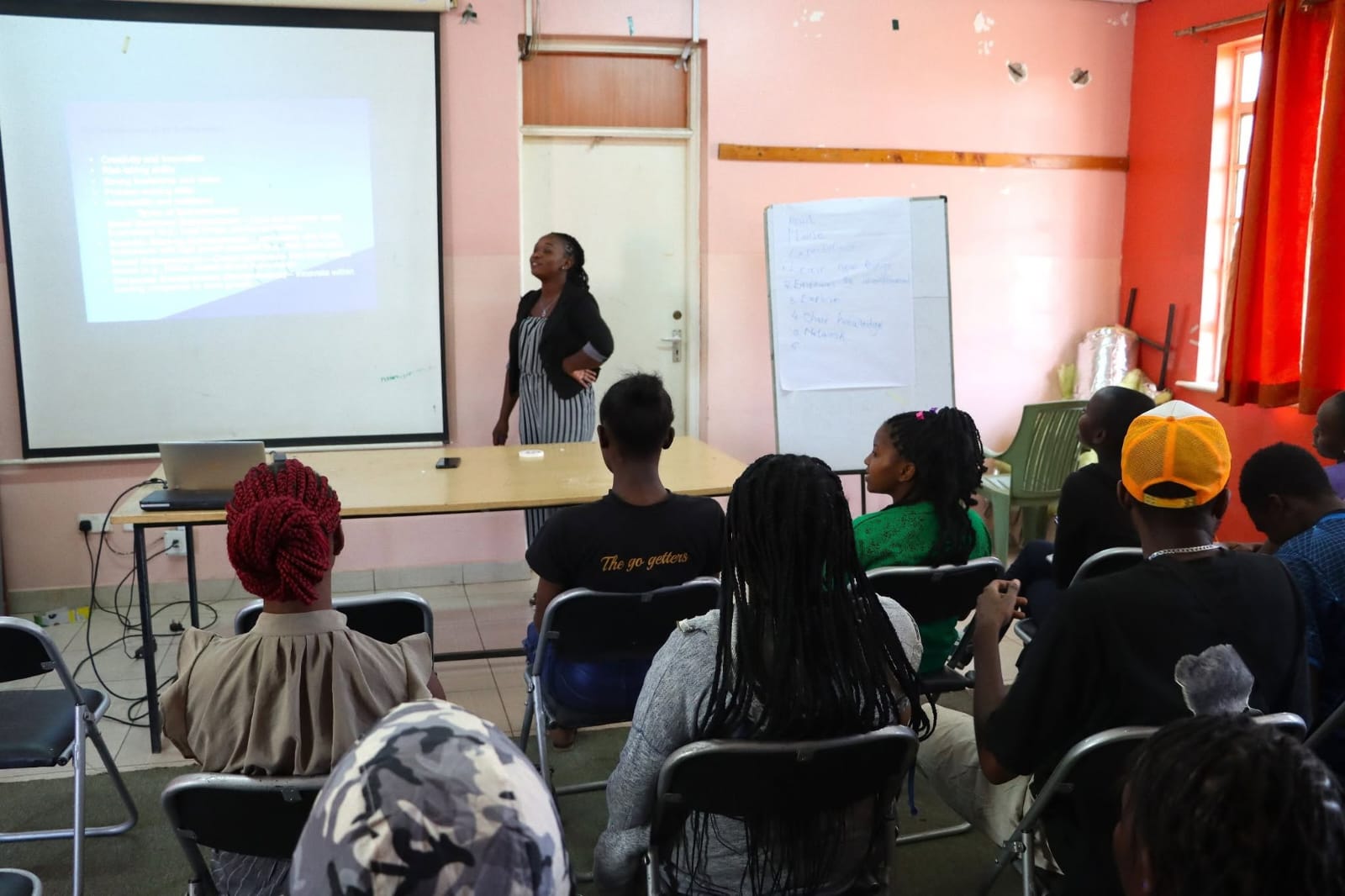FALSE: Photo does not show the drought situation in Embolioi, Kajiado County, in October 2022
We are tied together in the single garment of destiny,
caught in an inescapable network of mutuality.
And whatever affects one directly affects all indirectly.
MARTIN LUTHER KING, JR Killed April 4th 1968 USA FREEDOM FIGHTER

“The ultimate measure of a man/woman is not where he/she stands in moments of comfort and convenience, but where he/she stands at times of challenge and controversy.
“The time is always right to do what is right.”
“Be a bush if you can’t be a tree. If you can’t be a highway, just be a trail. If you can’t be a sun, be a star. For it isn’t by size that you win or fail. Be the best of whatever you are.”
“Never tire of working for a more just world, marked by greater solidarity ……Pope Francis

After schools were shut, learners also closed their books
When the new coronavirus went on the rampage in Kenya in March, more than 17 million learners in schools, colleges and universities were separated from their teachers.
To prevent disruption of the school calendar and curriculum delivery, the Education ministry introduced electronic and digital lessons dubbed “Out of Classroom Learning”.
The project was designed and is being implemented by the Kenya Institute of Curriculum Development (KICD) on radio, TV, computer and smartphone.
The programme covers the new Competency Based Curriculum and the 8-4-4 system of education, targeting learners in primary and secondary schools. But it does not cover all learners with special needs.
Education Cabinet Secretary George Magoha has said that learners — right from kindergarten to secondary schools — are learning from home under the guidance of their parents and guardians.
The minister has been bullish about the success of the remote-learning project to the extent of ruling out any chances of putting off national exams slated for November.
Related Stories
“To the best of the government ability, the children are getting online learning,” Prof Magoha said on Monday.
LACK OF RESOURCES
But reality on the ground paints a different picture, with some pupils and students not engaged in any form of coordinated, meaningful learning.
Spot checks by the Nation across the country have established that some learners in public and private schools are not well-equipped for homeschooling and many parents are struggling to support them.
Others in marginalised and remote areas such as Mandera, West Pokot, Lamu and Turkana have given up altogether and children are now spending days playing and helping with family chores.
Lack of internet, laptops, TV sets, smartphones, radios, and proper supervision has left many learners in desperate situations.
For families that can afford the gadgets, frequent power blackouts, expensive data bundles and unconducive home environments have conspired to defeat Prof Magoha’s dream.
Mrs Dorcas Otieno, from Obunga in Kisumu, for instance, says it is difficult to facilitate learning for her 14-year-old daughter, who is expected to write he KCPE exams in November. “The only smartphone available belongs to their father, who is a casual labourer,” she says.
“He leaves very early in the morning and gets back at 6pm.”
She says she has no capacity to guide and supervise the delivery of the curriculum from KICD, having dropped out of school herself at Standard Seven.
SUPERVISION
In Homa Bay town, Mr Daniel Oriro is unable to assess his Grade Three son on the new curriculum.
“A friend of mine, who is a teacher, sent me some copies of past assessment tests to give my son. I have difficulty establishing whether he understands what I teach him because I am not a teacher,” he says.
Education experts say assuming a teacher’s role is a tall order for many parents. “Many parents also have no capacity, resources or know-how to help their children with school work because learning has evolved,” says Dr Wanjohi Githinji, an education lecturer at Kenyatta University.
In Bomet, schoolchildren have been working on their parents’ farms for the past one month at the expense of learning.
“Online education platforms work in favour of those in urban areas and regions with electricity and computers,” says Malel Lan’gat, the Bomet Kenya National Union of Teachers (Knut) executive secretary.
But even so, who is supervising them? At home, some learners find the environment rough for any meaningful study.
Ms Joan Achieng, a Standard Eight candidate at St Mario in Kisumu, says she finds it hard to concentrate.
“I have to deal with constant distractions from my noisy siblings and the house chores. I only find peace at night to study.”
EXAM PREPARATION
In Mathare, Nairobi, Ms Alice Nyokabi says her one-room tin house has no space for her Form Two son to study.
“I just don’t know where to put a seat and a table, let alone a computer or TV, because I own none anyway,” she says as her son Emmanuel, 17, stares blankly.
In Nyeri, Mugunda Primary School head James Mbogo notes that some parents lack the ability to pass instructions to their children.
“Even when you try to send revision questions via WhatsApp, you can’t reach all of them. We ask them to pass the tests over to the others or tell them to listen to the programmes being aired, but you cannot be sure if they are listening,” he said.
But even more worrying is the fact that some officials in the Education ministry are in the dark concerning Prof Magoha’s plan, which they feel does not benefit learners.
“It is difficult to know how and whether candidates are readying themselves for the exams since candidates come from diverse backgrounds,” said a sub-county director of education in Siaya, adding:
“So far, we have not received any official communication from the ministry on how to proceed.”
Like the coronavirus, the tribulations of remote learning have become equalisers of sorts — making both the rich and the poor cry.
Some parents with children in high-end private schools have protested high fees charged for e-learning as they complain that some of the programmes are not effective.
OPERATIONAL COSTS
At Sabis International School, Runda, at least four parents have said they are dissatisfied with the institution’s remote-learning service.
“Our collective feedback is that this e-learning programme was not well implemented and thereby did not achieve our objective of imparting learning to our children,” their April 17 letter reads.
Parents of St Christopher School in Nairobi hold a similar view. At Kenton College Preparatory School, Nairobi, parents want the board of governors to slash fees, arguing that the school’s online lessons are not effective, based on their survey.
At Rusinga Schools, parents are seeking discounts, arguing the operation costs of e-learning are low.
A similar request has been made to the management of Brookhouse School in Nairobi, but the director, John O’Connor, in an April 20 letter, said “No”.
It is for these reasons that the Kenya Union of Post-Primary Education Teachers (Kuppet) has petitioned Prof Magoha to postpone the KCPE and KCSE exams, citing ill-preparation.
But Kuppet’s rival Knut, whose Secretary-General Wilson Sossion concurs that children are not learning, wants the tests to be administered as earlier planned.
The KCSE exams, to be done by 751,150 candidates, have been scheduled to begin on November 2 and end on November 25. Thereafter, KCPE, for which 1,187,517 candidates have registered, will begin the following week on November 27 and end on November 29.
Here at Ruben Centre the school has about 440 Grade 8 students doing their final year of Primary education in 2020. Since schools have been closed for 6 weeks now, they are just ‘ OUT THERE‘ and nobody is doing anything for them despite what. the Government claims…
Story courtesy of the Daily nation .
